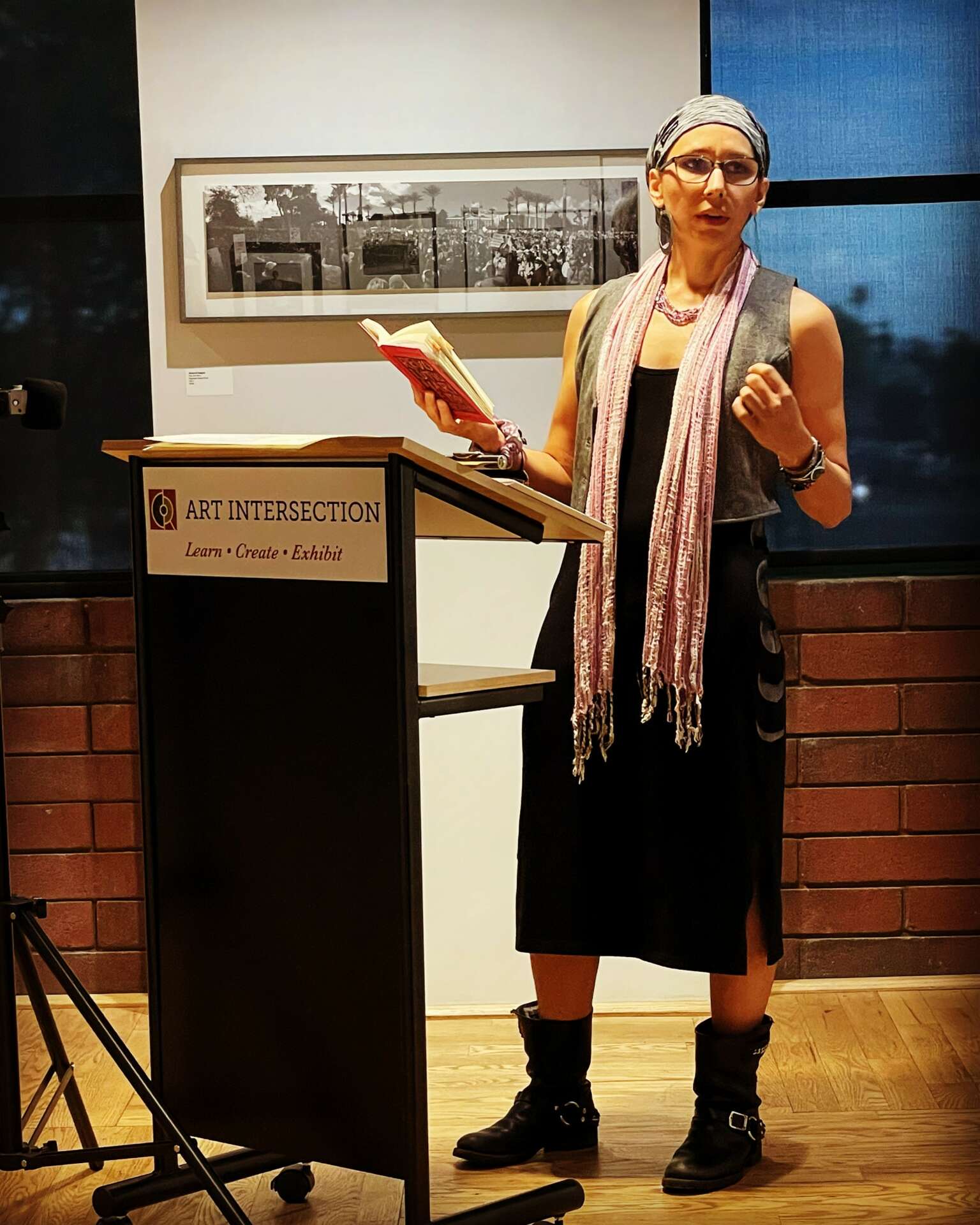We recently connected with Ada McCartney and have shared our conversation below.
Ada, thanks for taking the time to share your stories with us today We’d love to hear about when you first realized that you wanted to pursue a creative path professionally.
My parents are artists. They owned a studio, Full Spectrum Stained Glass Inc. for over three decades. By the time I got to high school I was deep into marching and concert band, theatre-making, grassroots community organizing, and slam poetry. I knew my professional path would combine art, community, and teaching. The how continues to evolve.
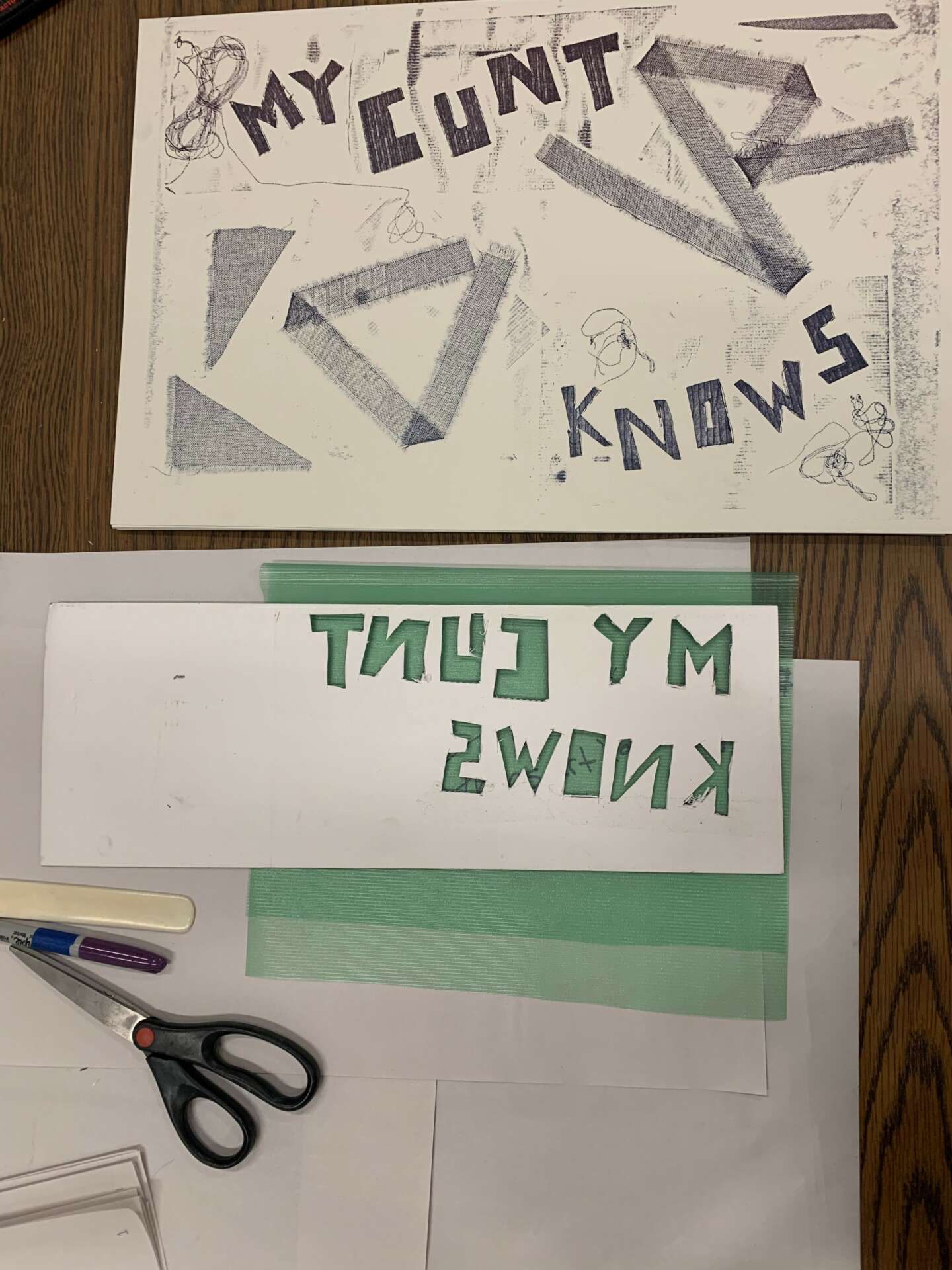
Ada, before we move on to more of these sorts of questions, can you take some time to bring our readers up to speed on you and what you do?
I am an actor, poet, and teaching artist with over a decade of experience working in the intersections of art, community organizing, and education.
When it comes to teaching, I’ve worked with students of all ages in corporate offices, universities, prisons, libraries, parks, public school classrooms, and online. I teach courses on writing and performing poetry, acting, foundational literacy skills, theatre techniques for conflict resolution, literature, and liberal arts studies.
My offerings for new clients include workshop design and facilitation, audiobook narration, ghostwriting and editing services, commissioned poetry, and live performances.
I host the Poetry Theatre podcast with Femme On Collective, and collaborate on publishing projects with the Wisdom Body Collective.
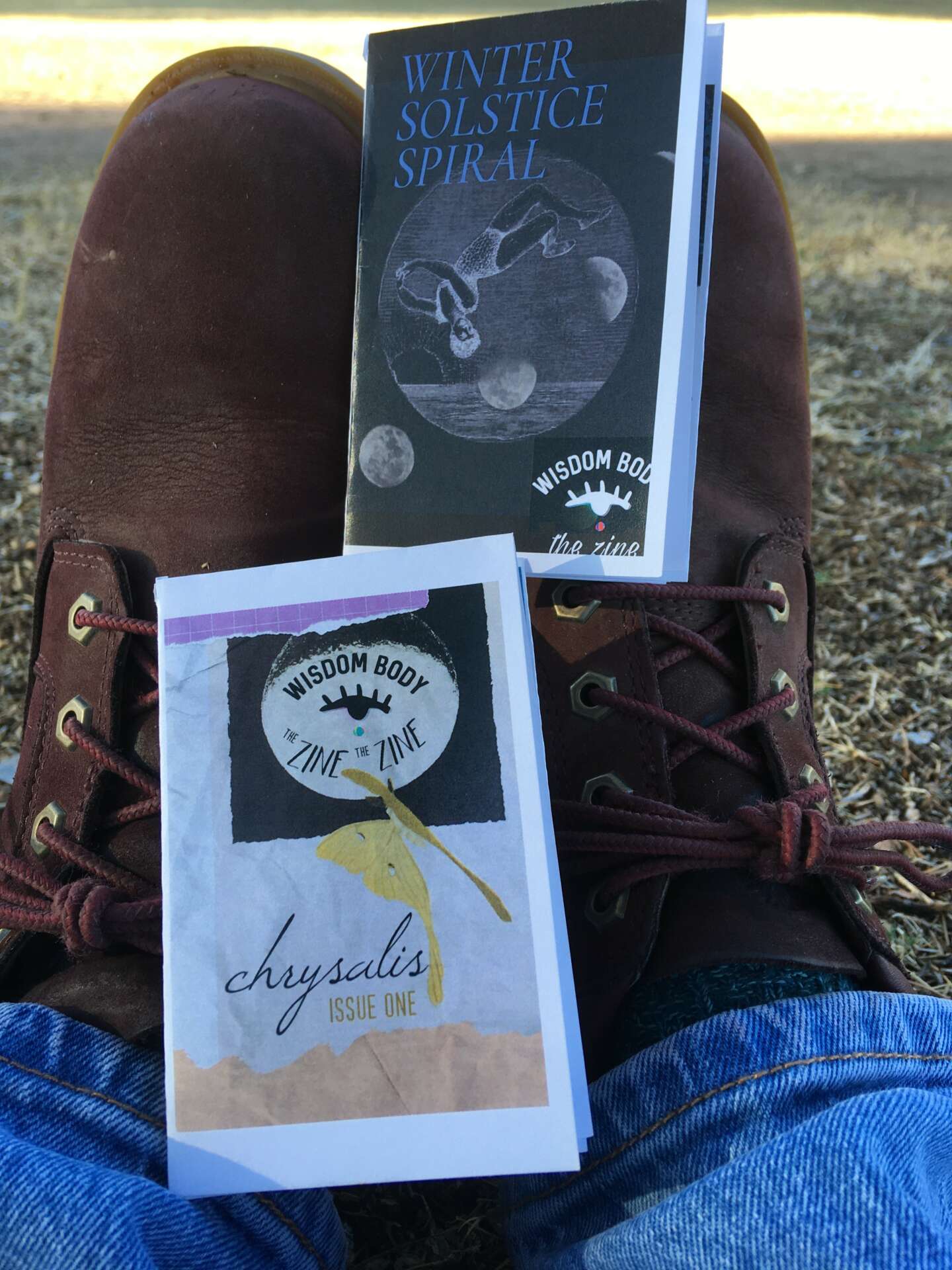
What can society do to ensure an environment that’s helpful to artists and creatives?
Supporting the arts leads to a thriving social ecosystem. When it comes to what society can do, it begins with education. Consider your first and most formative classroom experiences–
How significantly do art appreciation and making figure into your most formative educational memories?
Were you ever told that your own artistic aspirations were, “impractical,” “frivolous,” “a pipe dream,” and etc.?
What if, instead of elitism and competition within the arts, art-making were valued as a critical practice for every person from a young age?
What if artists and teachers of the humanities (who are also artists) were paid fairly for their work?
If we are educated and socialized from an early age to appreciate the incredible value of art, we will mutually cultivate a thriving creative ecosystem.
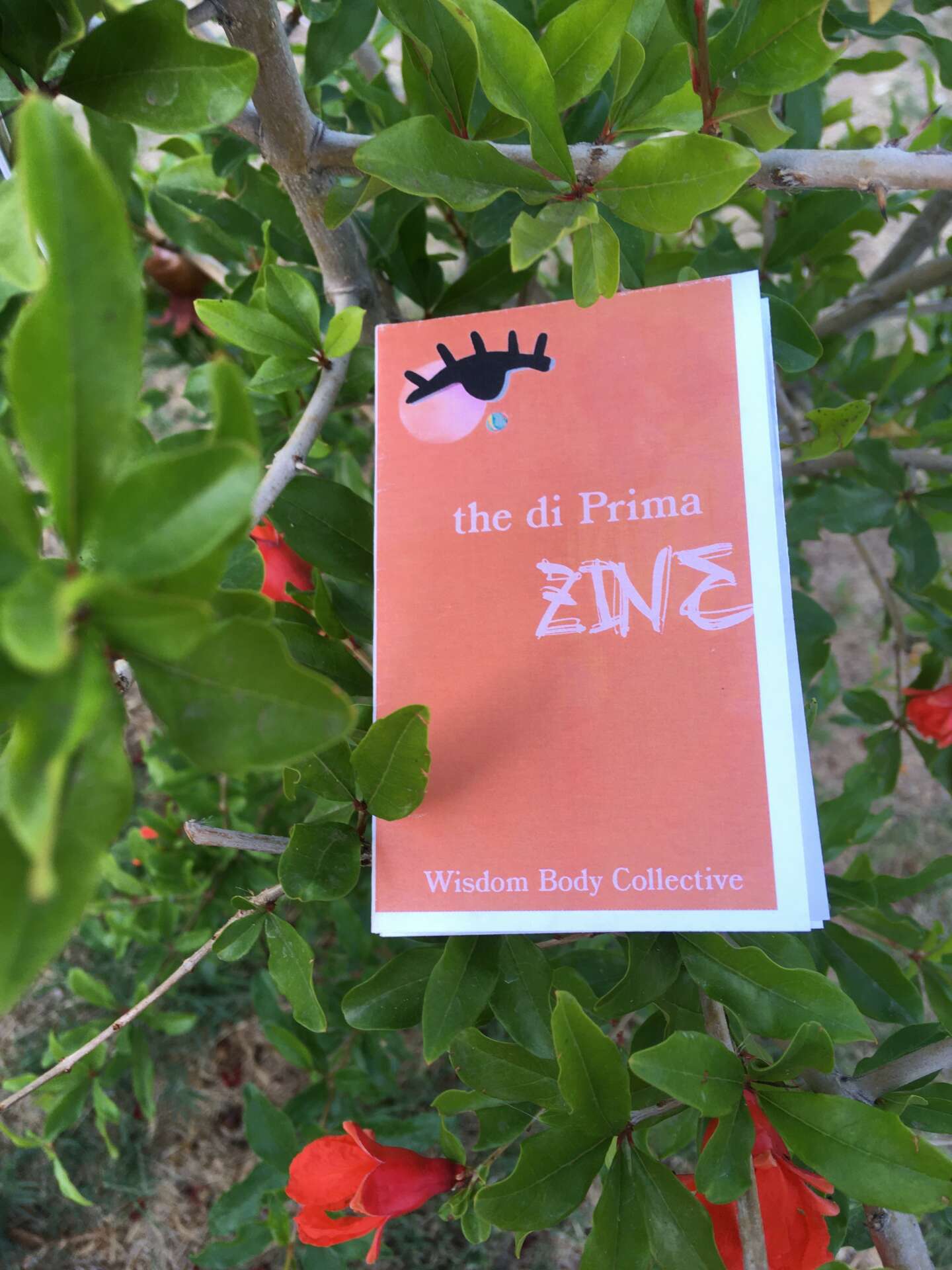
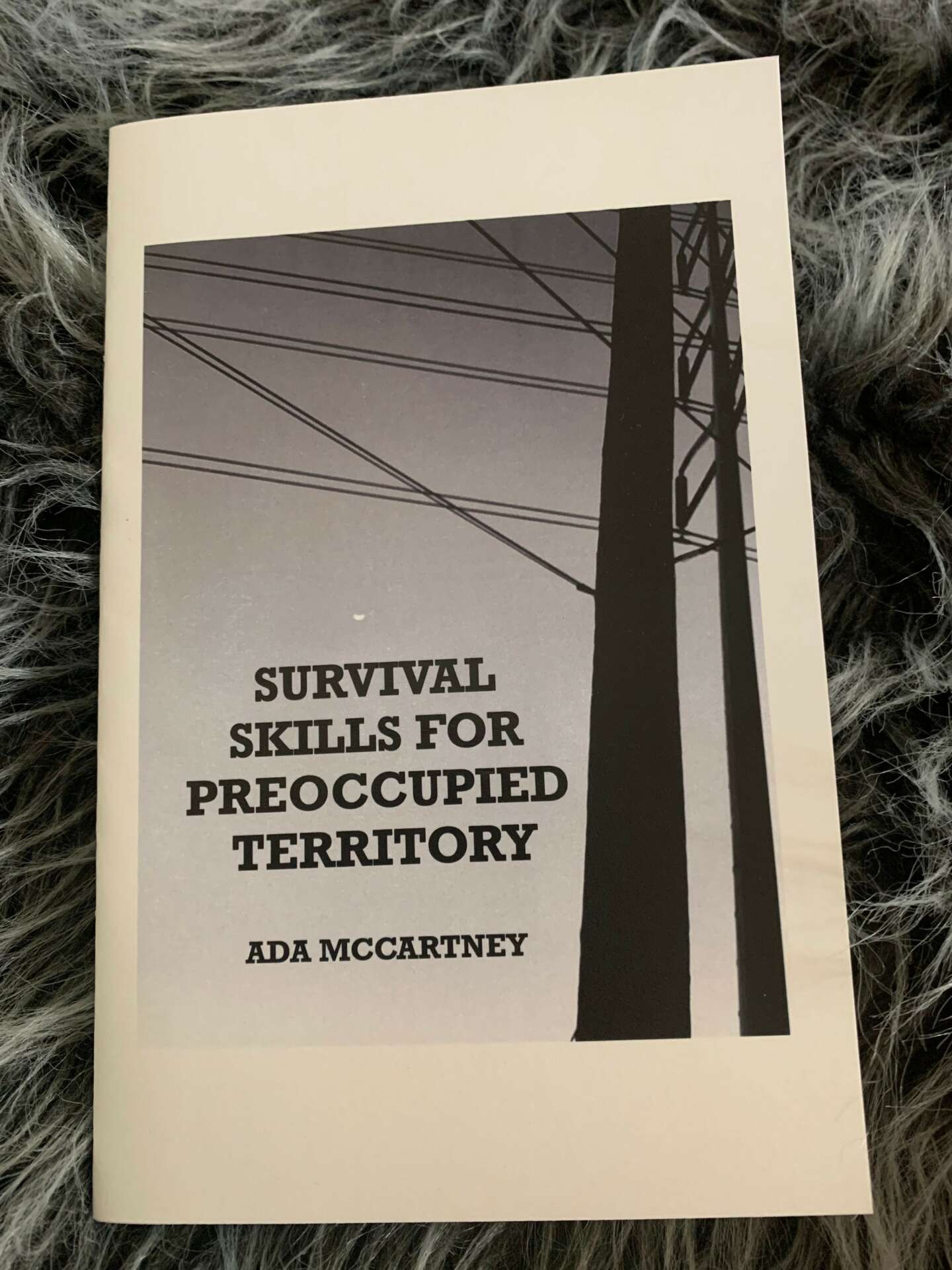
Have any books or other resources had a big impact on you?
The Freelancers Union <<https://freelancersunion.org/>> This is one of the most exciting organizations I’ve learned of recently. They offer support, advocacy, and a wealth of free resources for freelancers.
Ruth Wilson Gilmore’s video lectures and her book, “Abolition Geography” inspire interdisciplinary connection and illuminate the essential field of geography in highly digestible terms. Art and politics are inextricable.
bell hooks books, “Teaching to Transgress,” and “Teaching Community,” are formative in my teaching practice.
“Games for Actors and Non-Actors,” by Augusto Boal ignited my passion for working with the Theatre and Pedagogy of the Oppressed.
Diane Di Prima’s “Revolutionary Letters,” is a pocket-sized delight: part poetry tome and part instruction manual for thriving in unreasonable times.
Two more essential reads in activist art and craft are Audre Lorde’s “Sister Outsider,” and, “Audre Lorde: dream of europe / Selected Seminars and Interviews 1984-1992,” edited by Mayra A Rodriguez Castro.
Springboard for the Arts, “WORK OF ART: BUSINESS SKILLS FOR ARTISTS,” is a great interactive workbook that is available for free on their website.
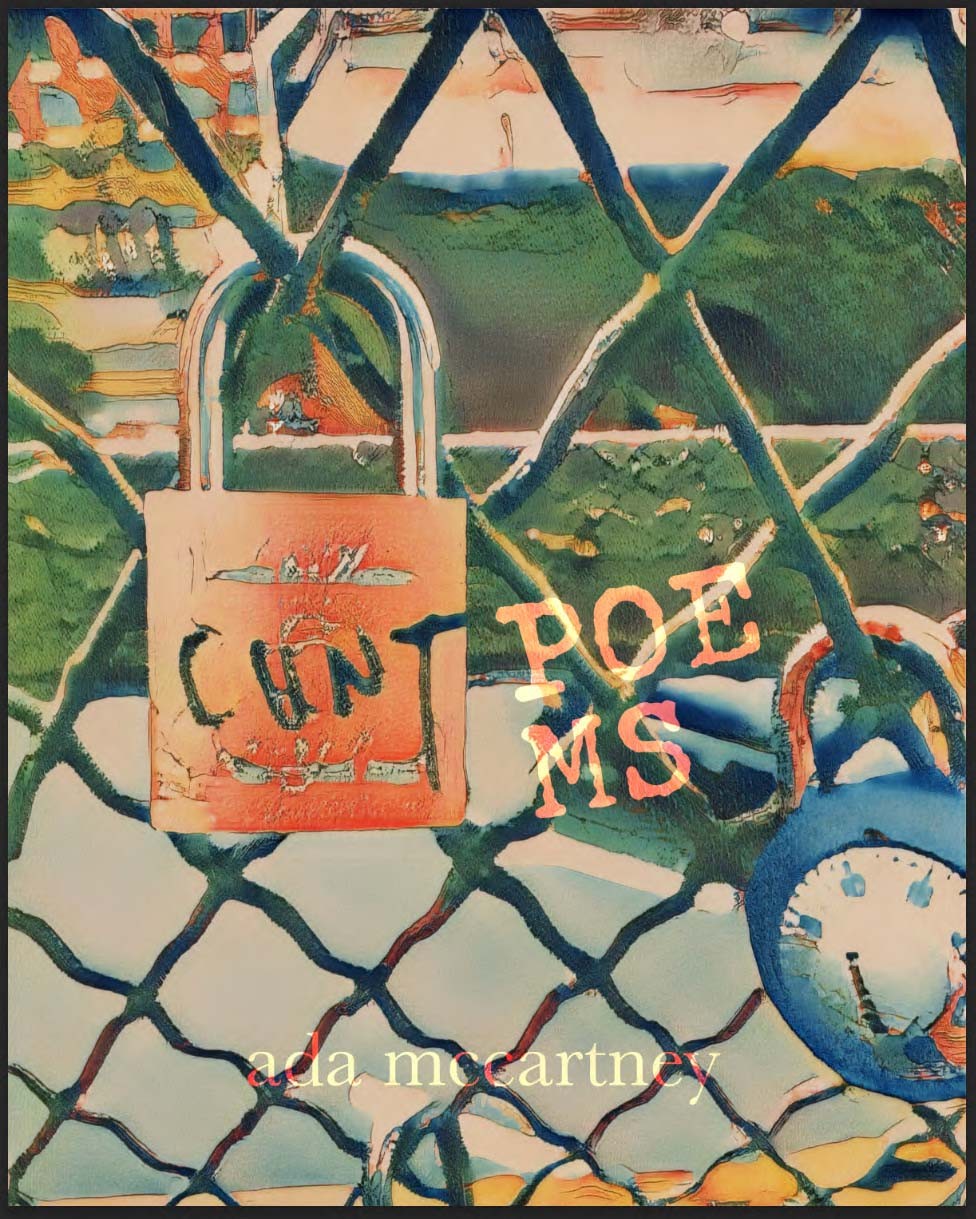
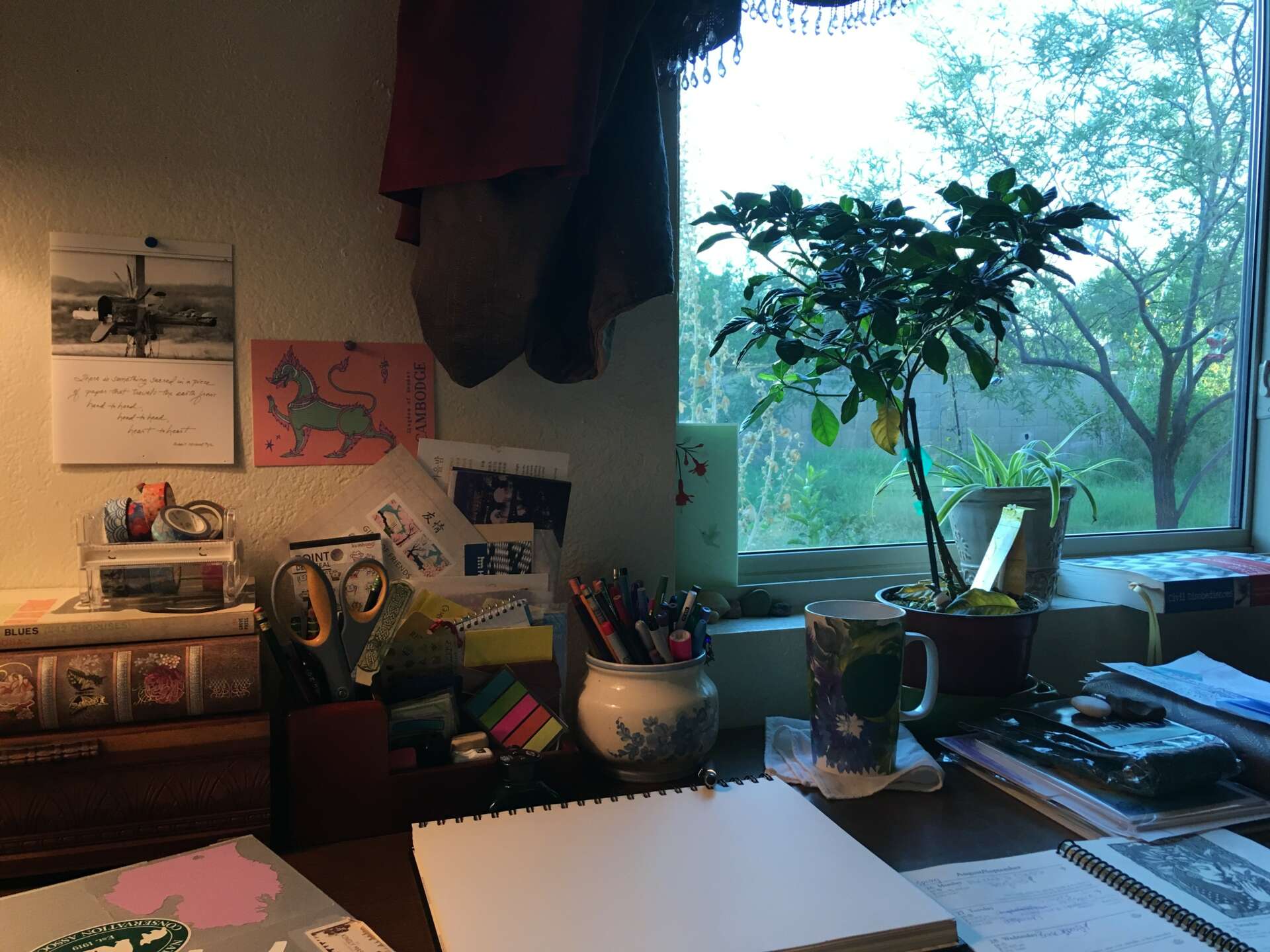
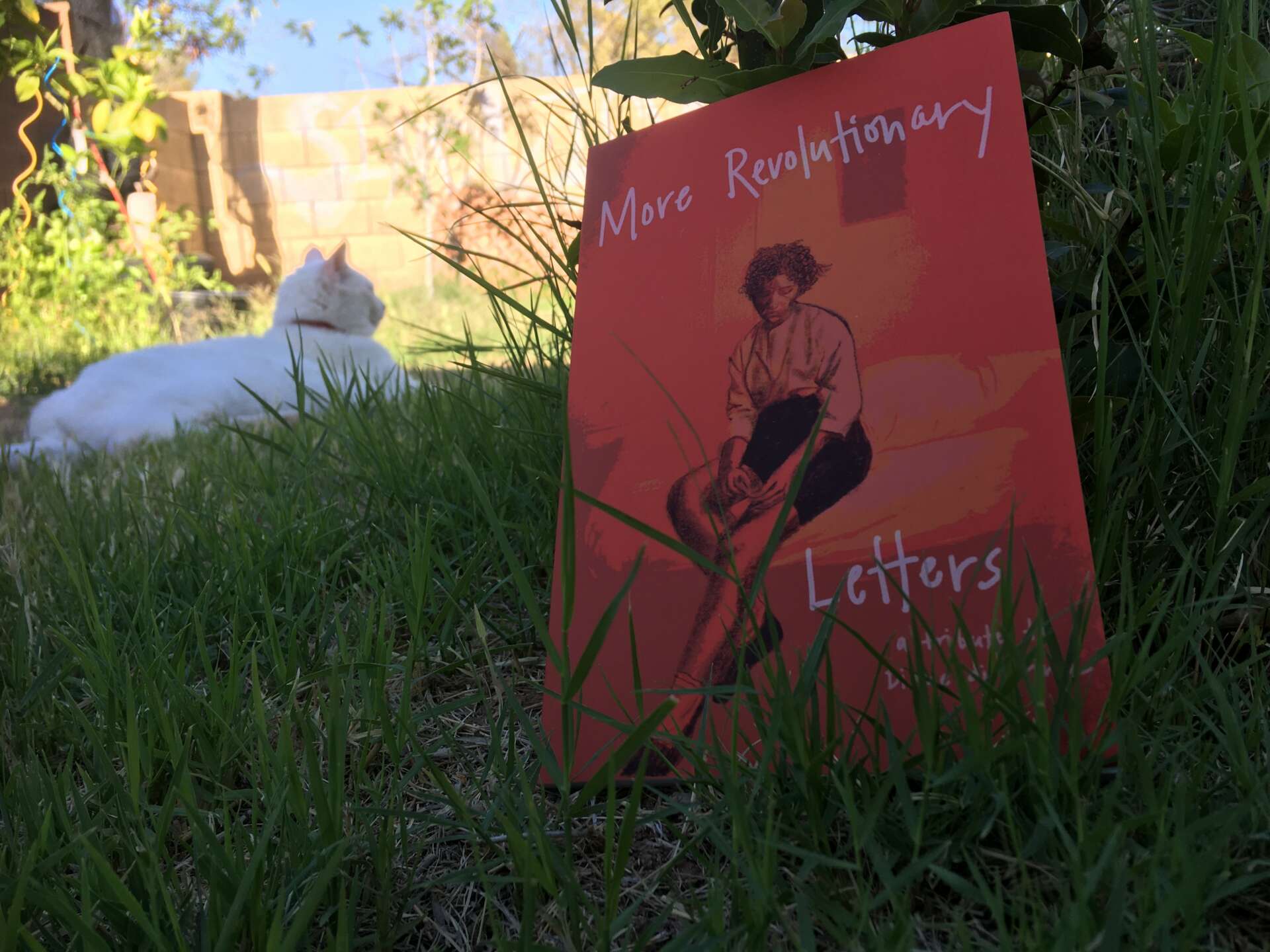
Contact Info:
- Website: www.aamccartney.com
- Instagram: @aa_mccartney
- Linkedin: https://www.linkedin.com/in/adamccartney/
- Other: www.wisdombodycollective.com https://www.femmeon.show/people/ada-mccartney
Image Credits
All images by AAMcCartney


